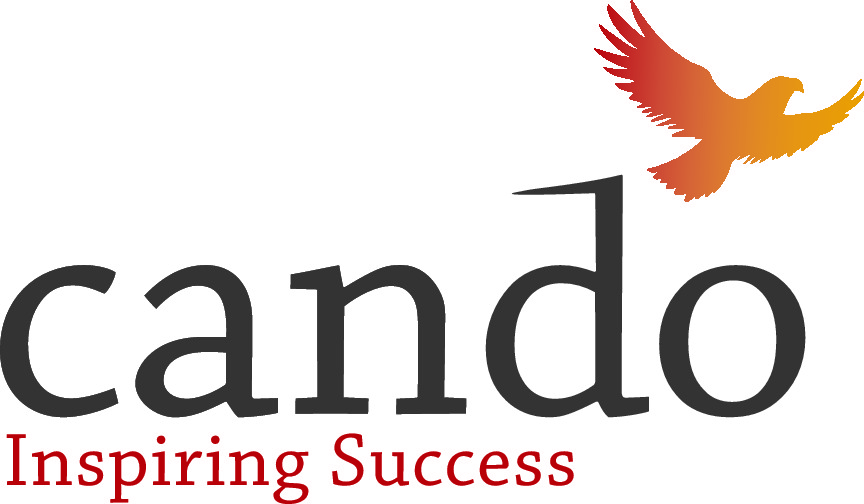Constructing Capacity: Barriers, Tactics, and Conditions for CED as Described by Aki Energy CEO Darcy Wood
DOI:
https://doi.org/10.54056/NHKQ5017Keywords:
Air flow, Business And Economics, Capital, Communication, Community, Community development, Cooling, Cost control, Economic growth, Employment, Energy, Ethnic Interests, Funding, Geothermal power, Heating, Indigenous peoples, Leadership, Native North Americans, Sovereignty, Tactics, Transparency, Indigenous, Indigenous economic development, Indigenous economic leadership, Indigenous culture, Indigenous employmentAbstract
Having already installed over $15 Million in ground source heat pumps (heating/cooling systems which channel subterranean airflows to achieve residential temperature control) Aki explicitly seeks "to develop economies in First Nations communities and there's no cost to them at all" (personal communication, November 5, 2019). Since the initial Hydro contract, Aki's funding model now consists of courting foundations and "impact investment" (Loney, 2018, p. 45) that presently takes the form of a $4.3 million contract with Raven Capital Partners. [...]Aki works to forge respectful relationships with both communities and staff members by relating to them as partners, "not employees" (personal communication, November 5, 2019), as Wood is swift to communicate. The active opposition by CIRNAC/ISC to support local development is cited by other Indigenous communities, such as Osoyoos in British Columbia, where a lack of government transparency regarding the community land claims repressed development for years.
Downloads
References
Gilpin, E. (2019, March). Our Own Hands. National Observer. https://www.nationalobserver.com/2019/03/28/clean-energy-aligns-who-we-are-indigenous-people.
Loney, S. (2016). An Army of Problem Solvers: Reconciliation and the solutions economy. Winnipeg: Friesens.
Loney, S. (2018). The Beautiful Bailout: How social innovation scale-up will solve government’s priciest problems. Winnipeg: Friesens.
Peters, E. (2009). Opportunities and Challenges Urban Environments Represent for Urban Aboriginal Economic Development. Urban Aboriginal Economic Development Network, 1–20.
Rose, S., & Rose, W. (2012). Factors Influencing the Economic and Social Prosperity of Aboriginal Peoples. Journal of Aboriginal Economic Development, 8(1), 49–64.
Sharpe, J.A. (2017). Aki Energy: A Case Study of Aboriginal Social Enterprise. Journal of Aboriginal Economic Development, 10(2), 8–27.
Downloads
Published
Issue
Section
License
Copyright (c) 2020 Cando

This work is licensed under a Creative Commons Attribution-NonCommercial-NoDerivatives 4.0 International License.




